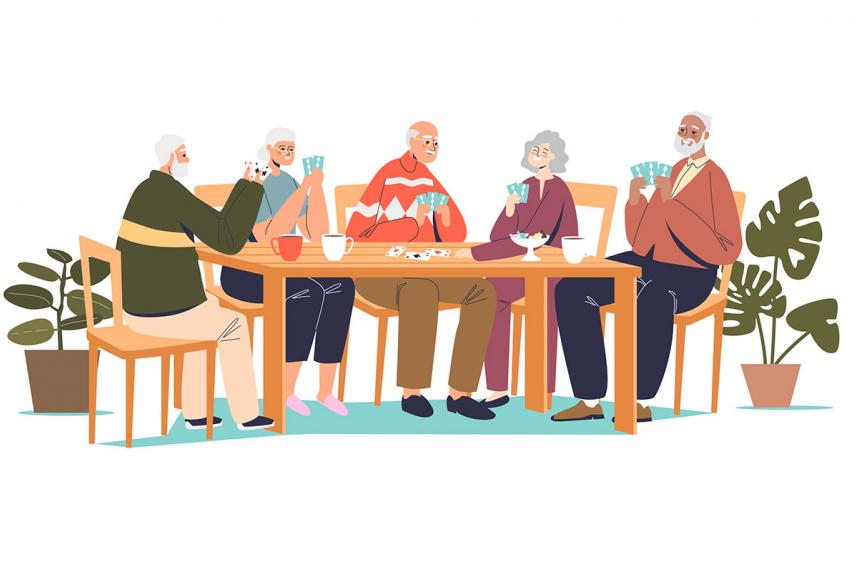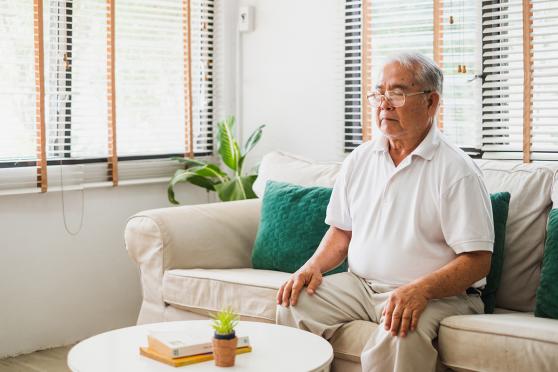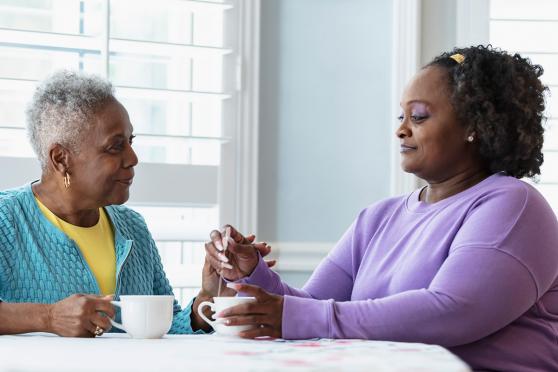The friendships that matter most
You could say that friendships have superpowers. They can protect us from chronic disease, lower our risk of depression, and even help us live longer.

“Friendships are at the top of the list of things that lead to a fulfilled life,” says Kerrie Smedley, Ph.D., a clinical psychologist in Annville, Pennsylvania. “Like exercise and sleep, they’re easy to neglect, but they do us a world of good.”
Here’s a look at some key friendship types and reasons to maintain them.
Childhood friends
Classmates, teammates, and neighbors all helped you grow into the person you are today. “Childhood relationships are really valuable,” Smedley says. “They know us and our history. They give us a wonderful sense of continuity.”
Common-interest friends
According to the National Alliance on Mental Illness, volunteering develops confidence and self-esteem. Pair that with someone you click with, and you’ve got a special friend. Friendships formed in interest groups, such as book clubs and faith-based organizations, can also increase your sense of belonging and purpose.
Work friends
If you work full-time, your colleagues are a big part of your life. And if you actually like them, that’s even better. Turns out, people who report having a close friend at work are more than twice as likely to enjoy working. They also do better at their jobs and are less likely to report feeling worried, stressed, or tired.
Close friends
While one true best friend may be enough for many of us, some experts say that between three and five “BFFs” might be ideal. “Our brains are geared toward connection,” Smedley says. “We do better when we have someone we can trust when we’re going through a difficult time or to share happy times with. Friends help us survive — and thrive.”
LONG DISTANCE, CLOSE CONNECTION
Quick exchanges, like texts, emails, and in-person chats, connect us with people we see often. But sometimes the people we feel closest to are the farthest away. And when it comes to friends you see less of, a video chat — one-on-one or with a group — can make a real difference in your mental health. This is especially important for older adults, who may not see their friends as often.
The takeaway? Stay in touch with close friends who are geographically distant by setting up video chats to foster your connections with those friends.


